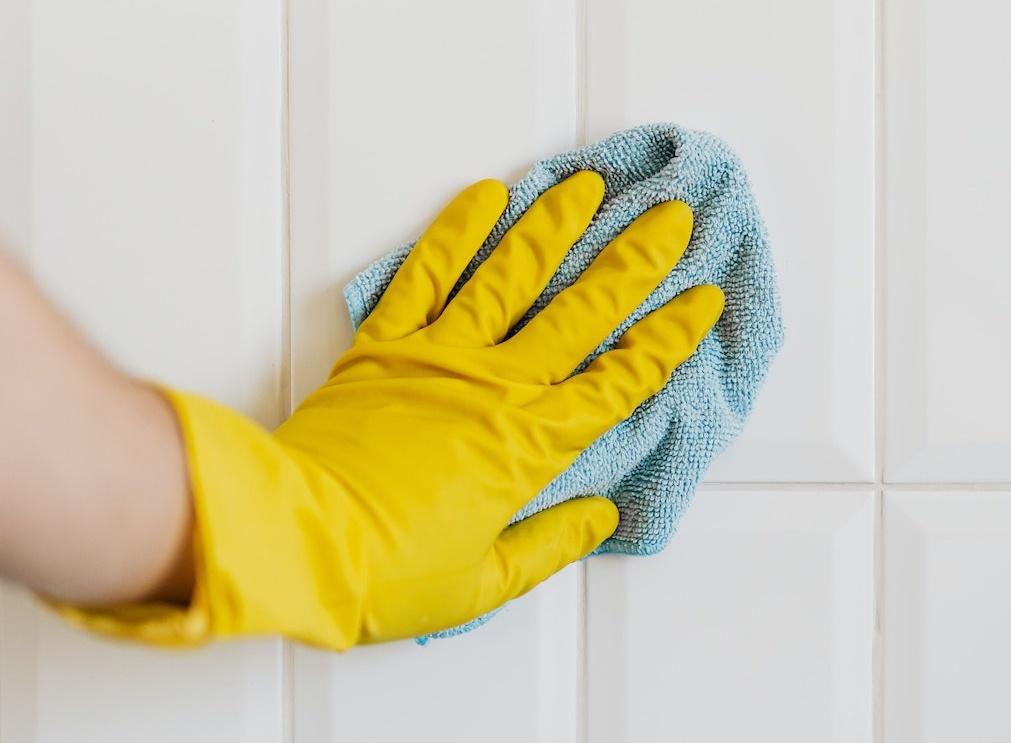There’s a lot to consider when choosing disinfectant wipes. Not only do they need to clean and disinfect, but they must also be EPA-registered and safe for the environment and staff.
The first step is determining the intended application. Several factors must be considered, including antimicrobial efficacy, surface compatibility, and cost.
Table of Contents
EPA Registered
Disinfecting wipes are cheap, appealing, and easy to find. Whether or not a disinfectant wipe is EPA-registered determines how it is used and disposed of. The EPA tests products claiming to kill germs and sanitize surfaces to verify that they meet public health standards. They also set a high bar for safety and effectiveness.
EPA-registered surface disinfectant wipes kill bactericidal, tuberculocidal, and virucidal germs on hard, nonporous surfaces, including bed railings, cabinets, carts, chairs, desks, and tables. They’re also useful in sanitizing medical equipment and instruments, such as stethoscopes, blood glucose meters, and dental unit instrument trays. Unlike hand sanitizer, intended to be rubbed into hands or skin and rinsed with water after use, disinfectant must stay on the surface for some time to work properly. Most disinfectant wipes on the target surface require a minimum dwell time of four to 10 minutes. It is important to follow the product label instructions and keep children and pets away from the surface until it has dried completely.
Dwell Time
When comparing different disinfectant wipes, it’s important to consider how long they need to remain wet to be effective. The time required for a disinfectant to kill harmful organisms is known as dwell time or contact time. Dwell times vary by disinfectant and pathogen targeted, with some being as short as 30 seconds while others can be up to 10 minutes or more.
Facility staff must understand the importance of adhering to the specified dwell time listed on a cleaning product’s label. While it may be tempting to speed up the disinfection process, rushing only results in partial disinfection and could cause some pathogens to survive. It’s also a good idea to encourage staff to double-check each disinfectant’s kill claims and dwell times for consistency and compliance.
When selecting disinfectant wipes, look for a product with a fast dwell time. A quick dwell time means less downtime for your staff and more disinfection done in less time. Most EPA-registered disinfectants have fast dwell times, including household names like Lysol or Clorox. Choosing a thicker wipe with a high durometer or moisture content will also help ensure the right amount of Dwell Time to kill germs and viruses.
Chemicals
Disinfectant wipes are often formulated with effective disinfectants to kill bacteria, germs, and viruses. The types of materials used to make the wipes also impact their ability to clean and disinfect surfaces. Wipes made with fabric materials have better durability, count per roll, and absorbency than paper wipes. They are usually made with cellulose, polyester, and polypropylene and can range in thickness and quality. Some fabrics are designed for solvents and oils, while others work best with water.
A key chemical in most disinfectant wipes is alkyl dimethyl benzyl ammonium chloride (also called benzalkonium chloride) or quaternary ammonium compounds (QACs). These chemicals effectively kill Covid-19 and other pathogens, making them a good choice for sanitization of high traffic areas.
Cost
Wipes are more cost-effective than disinfectant sprays, which require additional materials such as paper towels, cloths, or sponges. When choosing a wipe package, opt for the higher-count option to reduce your cost per wipe.
When using a disinfectant wipe, ensure the product is fresh and still moist enough to be effective. Wipe down the surface area from top to bottom, and ensure it stays wet for the proper contact time specified on the product’s label. This is especially important if the surface is used for food preparation or touching. After the designated contact time, wash your hands and rinse the surface.
Disinfecting wipes can sanitize nonporous surfaces, such as countertops, doorknobs, light switches, and faucet handles. The Centers for Disease Control and Prevention recommends disinfecting these frequently touched, nonporous surfaces every day to help prevent the spread of germs like colds, flu, and coronavirus.
When purchasing disinfectant wipes, be sure to choose those that are biodegradable and do not contain any toxins. In addition, always dispose of a disinfectant wipe properly by throwing it in a trash can and never flushing it down a toilet, which can clog pipes and damage septic systems. If you’re looking for a safe, efficient way to clean your establishment, check out our wide selection of high-quality disinfectant products from trusted brands such as Lysol and Clorox. We also offer an extensive selection of rubber gloves, chemical pumps, and food service chemicals to keep your business sanitized from top to bottom.
Also Read – Oil Tank Removal: What Homeowners Should Consider Before Calling a Pro – Orange Headline

